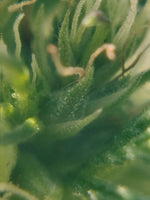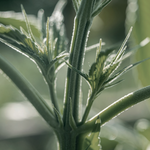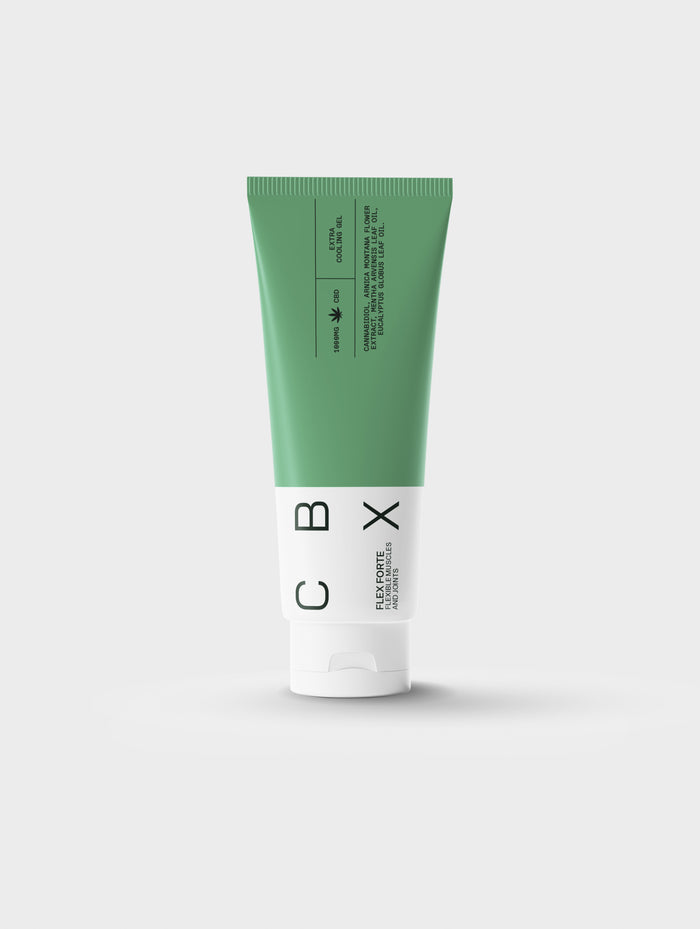Long banned, cannabis is gradually being decriminalized, or even legalized, in a growing number of countries. Thanks in particular to advances in research into the therapeutic properties of certain cannabinoids.
“Drug” or “medication”?
First of all, it is important to differentiate between recreational and therapeutic use of cannabis.
· Use is said to be recreational when consumers seek the psychotropic effects of cannabis: euphoria, relaxation, disinhibition, feeling “high”, etc. Cannabis as a drug is absorbed by inhalation (often via a “joint”) or ingested in the form of “space cake”, for example. Recreational use favors cannabis species rich in THC, its most psychotropic substance.
· The use of cannabis is considered therapeutic , medical or medicinal when it aims to relieve the symptom(s) of certain targeted diseases. With this in mind, it is appropriate to select the cannabinoid(s) most likely to relieve said symptoms and to control their dosage.
Where is cannabis allowed?
Thanks to advances in research, a growing number of countries are emerging from the total prohibition of cannabis, implemented in the 20th century. These decriminalizations or legalizations can be partial or total and concern therapeutic and/or recreational use – therapeutic use often being the first to be authorized. Examples:
· Canada and Uruguay were the first to legalize cannabis for recreational use.
· Some countries have partially legalized recreational use, particularly for certain communities or at certain times of the year. In Nepal, for example, consuming cannabis is permitted during certain religious festivals. In the USA, some states allow the recreational use of cannabis. In the Netherlands, consumption is allowed, but not the cultivation of cannabis! However, a pilot project is underway to legally regulate (and therefore control at state level) the cultivation and distribution of cannabis to “coffee shops”.
· Many countries have fully or partially legalized therapeutic use (plant, medicines or derived products): Israel (pioneer in the research, production and marketing of therapeutic cannabis), most European countries (Germany, Croatia, Denmark , Switzerland, etc.), Mexico, New Zealand, etc.
Legal uncertainty in Belgium?
In Belgium, the 1921 law on illegal drugs, several royal decrees and circulars address the use of cannabis. Far from being unambiguous, these texts are sometimes contradictory and subject to interpretation. Moreover, many scientists, associations, patients and citizens have long deplored and denounced this legal vagueness.
What can we say about it? Currently, the legislator seems to distinguish the recreational use of the cannabis plant and in particular THC – illegal, despite a relative tolerance for personal consumption – from therapeutic use and products based on CBD and containing little THC.
The (partially) authorized use
In fact, since 2001, legislation has authorized the use of cannabis. But in reality, this use remains limited.
· Pharmacists can dispense, upon medical prescription, two cannabis-based medications. They can also deliver compounded preparations based on CBD if they meet the criteria of circular 648.
· CBD-based products containing less than 0.2% THC are currently authorized (except food supplements which are still prohibited).
That said, a Cannabis Office, attached to the Federal Agency for Medicines and Health Products (FAMHP), was recently formed. Its role: to supervise the production of cannabis for therapeutic and/or scientific use. It is therefore not impossible that Belgian legislation will evolve further in the near future.
***sources***
· French-speaking Brussels Federation of Institutions for Drug Addicts, “For the regulation of cannabis in Belgium”, 2020.
· FAMHP, “Frequently asked questions about medications and other products based on cannabis or cannabidiol”. Last updated: January 2021.
· Arrestier A., “Cannabis sativa: what future in therapy? » , thesis defended at the University of Clermont Auvergne, UFRde Pharmacie, 2019.











